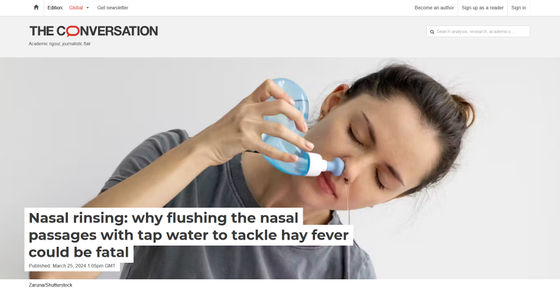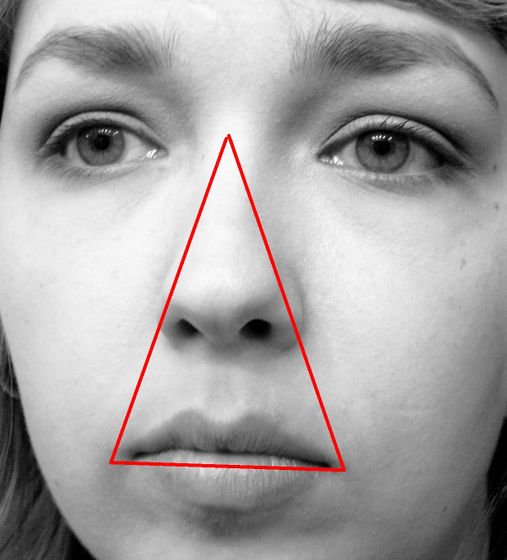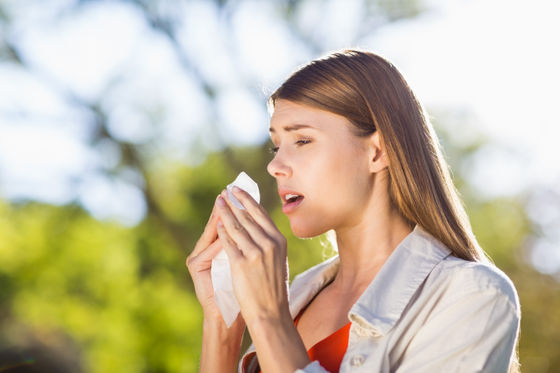Experts say nasal irrigation can be life-threatening, and neither tap water nor sterile water is recommended

By
Many people endure runny and stuffy noses during the hay fever season by irrigating their nose. However, irrigating your nose can be dangerous, and even using sterile water, let alone tap water, can pose a risk to your health. Experts have explained who should avoid irrigating their nose, and how to irrigate your nose as safely as possible.
Nasal rinsing: why flushing the nasal passages with tap water to tackle hay fever could be fatal
https://theconversation.com/nasal-rinsing-why-flushing-the-nasal-passages-with-tap-water-to-tackle-hay-fever-could-be-fatal-225811

Even sterile water is risky
Adam Taylor, professor and director of the Clinical Anatomy Learning Centre at Lancaster University in the UK, says that rinsing your nose with any liquid can increase your risk of infection because your nose is home to many microorganisms that act as a protective surface, and if rinsing removes or kills these good microorganisms, it makes it easier for pathogens to enter your body.
The greatest health risk from nasal irrigation is the bacteria contained in the liquid. Sterile nasal irrigation liquids sold at pharmacies and other stores are free of this risk, but tap water is not sterile.
In

by Jacob Lorenzo-Morales, Naveed A. Khan and Julia Walochnik
One of the most dangerous microorganisms found in nature is
A 2021 survey found that 50% of Americans believe it is okay to irrigate their noses or clean their contact lenses with tap water, which Taylor said is a 'dangerous misconception.'
The nose is a danger zone
One of the reasons why nasal infections are dangerous is that the epidermis of the nose and sinuses is thin and the blood vessels are close to the surface of the body, making it easy for pathogens to enter the bloodstream. The nose is already at high risk of infection, but when inflammation caused by allergies causes the blood vessels to expand, the distance from the surface to the blood vessels becomes even shorter, increasing the risk of infection, especially if the blood vessels are damaged.
In addition, the blood vessels around the nose are connected to major blood vessels that drain into the skull, and serve as a route for pathogens to travel from the paranasal sinuses to the brain. This is why the triangle formed by the vertices between the eyes and the two corners of the mouth is called the ' facial danger triangle .'

by
If pathogens that have proliferated due to sinusitis or facial growths spread to the cavernous sinus, a blood vessel that drains blood from the brain, a defense reaction to prevent the spread of infection by forming blood clots can cause cavernous sinus thrombosis , which can be fatal in the worst case scenario.
◆Who should avoid nasal irrigation?
As mentioned above, nasal irrigation increases the risk of infection, but Taylor says there are three types of people who should avoid it: First, people with weakened immune systems for some reason should avoid rinsing their nose with tap water, because diseases contracted through nasal irrigation can be life-threatening.
Similarly, people with ear or sinus infections should refrain from rinsing their nose until they have cleared up, as the ear is connected to the nose by a tube called the Eustachian tube , which can increase pressure and spread germs to other areas, causing further infection and discomfort.
Also, if someone with a dry nose or sinuses irrigates their nose, they will wash away the natural moisturizing components that keep the nose humid.

For these reasons, Taylor said, 'If you think nasal irrigation would be effective, make sure you use sterile saline. If you must use tap water, make sure you use water that has been boiled and then cooled.'
Related Posts:
in Science, Posted by log1l_ks







